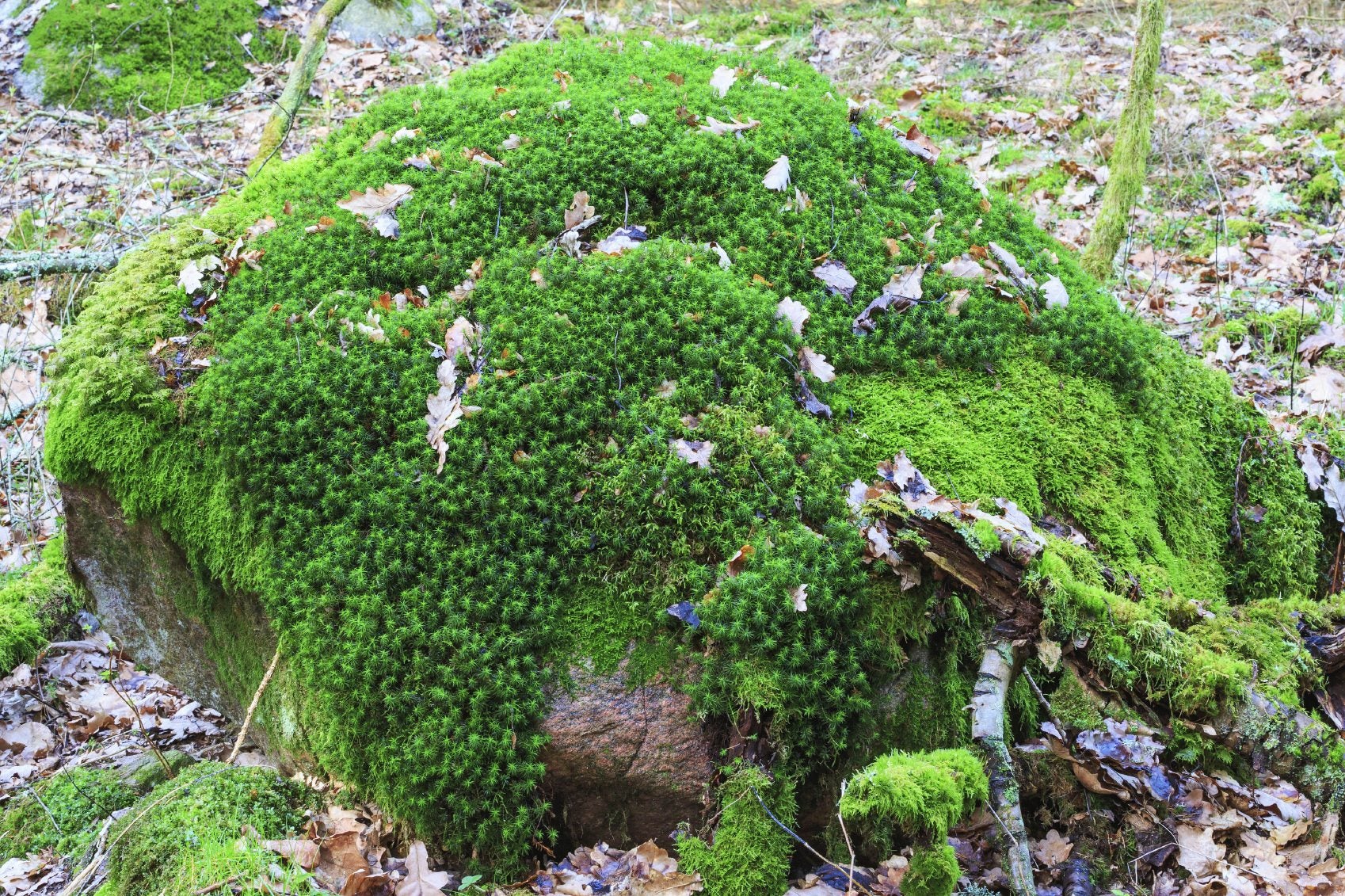Garden Moss Types: Varieties Of Moss For Gardens


Moss is the perfect choice for that spot where nothing else will grow. Thriving on just a little bit of moisture and shade, it actually prefers compacted, poor-quality soil, and will even be happy with no soil at all. Keep reading for more information about different types of moss and how they can fit into your garden.
Different Types of Moss
There are 22,000 varieties of moss worldwide, so you have quite a few options. A good way to narrow down your choices in what garden moss types to use is to determine what you want to do with your moss. Nothing says a lawn has to be grassy, and a damp, highly shaded yard, in particular, may perform much better with a type of moss that can handle high foot traffic. Moss lawns are attractive too. Moss can also be used as the lowest level in a shade garden to make for another tier in an arrangement of differing heights. It can provide color and texture between bricks and paving stones. It can also be the centerpiece of your garden, particularly if different varieties are used and different heights are achieved with the placement of stones.
Moss Varieties for the Garden
There are a few moss varieties that are especially popular for home cultivation.
- Sheet moss is very easy to grow and can withstand foot traffic, making it an excellent choice for a lawn alternative or breakup between paving stones.
- Ceratodon moss is also good between stones.
- Cushion moss grows up to form a ball-like structure that changes color from dry to wet, making it a good choice for a more moss-centric garden.
- Rock cap moss clings to stones. It’s good for mossy gardens or accents on stones in flower gardens.
- Haircap moss grows relatively tall and looks like a tiny forest. It provides a good height contrast against other moss.
- Fern moss is fast-growing and strong, and another good grass alternative in shady yards.
Now that you know a little more about moss for gardens, why not experiment with growing some for your landscape.
Sign up for the Gardening Know How newsletter today and receive a free copy of our e-book "How to Grow Delicious Tomatoes".

The only child of a horticulturist and an English teacher, Liz Baessler was destined to become a gardening editor. She has been with Gardening Know how since 2015, and a Senior Editor since 2020. She holds a BA in English from Brandeis University and an MA in English from the University of Geneva, Switzerland. After years of gardening in containers and community garden plots, she finally has a backyard of her own, which she is systematically filling with vegetables and flowers.